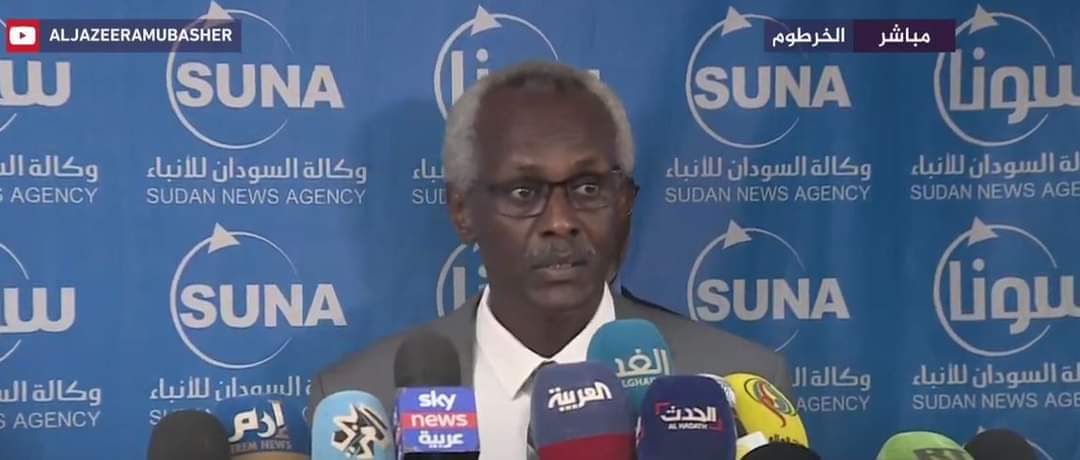BY MAWAHIB ABDALLATIF
Sudan, Ethiopia and Egypt on Wednesday abruptly ended their resumed talks on the Grand Renaissance Dam on the Blue Nile, signaling another deadlock on longrunning negotiations on how to fill the hydropower facility.
Instead, the ministers of water resources in Sudan, Egypt and Ethiopia agreed to return to the African Union for a way forward, after disagreeing on what role the experts assigned by the continental body will play in the talks, as well as basis of negotiations and timeframe.
They had begun talks last Sunday but were unable to make any tangible progress on negotiation methodology, and timetable for it.
The information coming out of the talks was that parties failed to agree on the divergent points, with each side sticking to their guns.
Sudan stuck its position of refusing to negotiate according to the previous methodology of giving experts a fringe role, and put forward a detailed proposal on giving a greater role to the African Union experts to bridge the points of view between the parties and propose compromise solutions.
The Minister of Irrigation and Water Resources, Prof Yassir Abbas, said that Sudan will continue to negotiate as guided by the African Union, but under a new basis to reach a satisfactory agreement for all parties on the filling and operation of the Renaissance Dam.
Khartoum argues that the pending technical and legal issues are limited and can be agreed upon if the political will is provided by all parties.
He pointed out that Sudan will negotiate if assured of safety of its water facilities, especially since the Al-Rusayris Reservoir Lake is only fifteen kilometers from the Renaissance Dam on the Blue Nile.
The previous round of negotiations had adopted the methodology of merging the draft agreements for the three countries. However, it led to the ballooning of divergent issues, leading to parties to disagree even on what to include in the drafts.
Later, that methodology, at least, reduced the points of contention, to five technical points and three main legal issues including how to resolve disputes arising. Sudan, however, demanded that the drafting matter is left to a joint legal committee, arguing that parties should focus on building common grounds instead.
Both Ethiopia and Sudan have expressed willingness to negotiate under the African Union Chairperson’s patronage, but Egypt objected to the proposal of a bigger role of the AU and made proposals revolving around continuing negotiations through previous frameworks of parties’ enhanced control of the agenda.
The Egyptian Ministry of Irrigation and Water Resources stated, in a statement, “it became clear during the discussions that the three countries did not agree on a methodology for completing the negotiations in the next stage.”
The last rounds of negotiations sponsored by the African Union stopped on August 28, without any progress. At the same time, Ethiopia continues building the dam, in accordance with the right granted to it by the cooperation agreement signed in 2015, which allowed it to construct the dam as it negotiates an agreement to fill and operate the dam. However, Sudan and Egypt accuse Ethiopia of starting the filling before an agreement on how to do so.
According to observers, Ethiopia’s recent demand to link the Renaissance Dam to an agreement on water sharing represented an obstacle to the progress of negotiations.
Addis Ababa is building the largest hydroelectric dam in Africa on the course of the Blue Nile and says the project is vital to its economic growth, as it seeks to become the largest source of electrical energy in Africa, with more than 6.5 GW capacity.
Egypt is concerned about the impact of the dam on its annual share of the Nile River water, amounting to 55.5 billion cubic meters, while Sudan gets 18.5 billion cubic metres.








